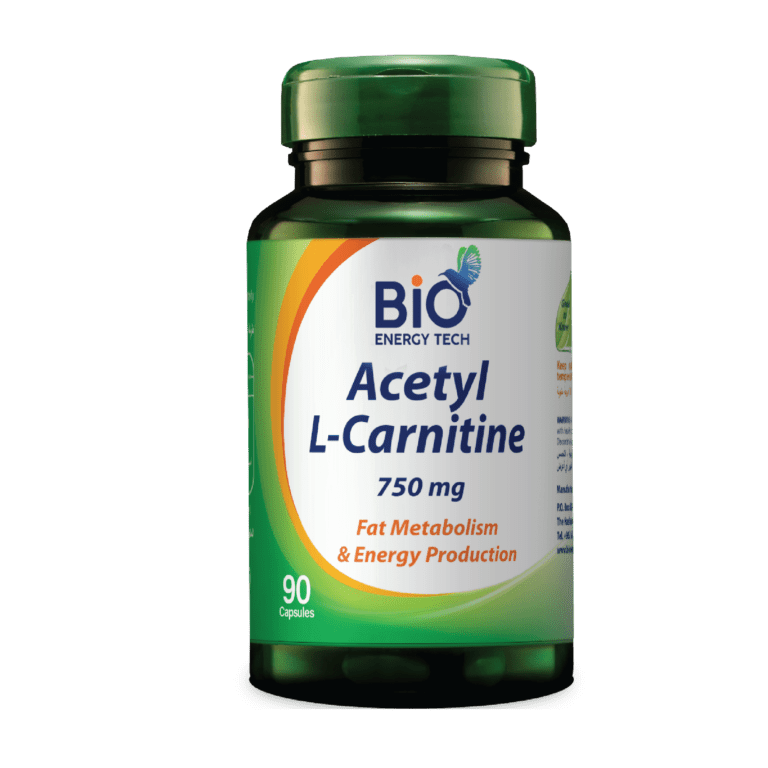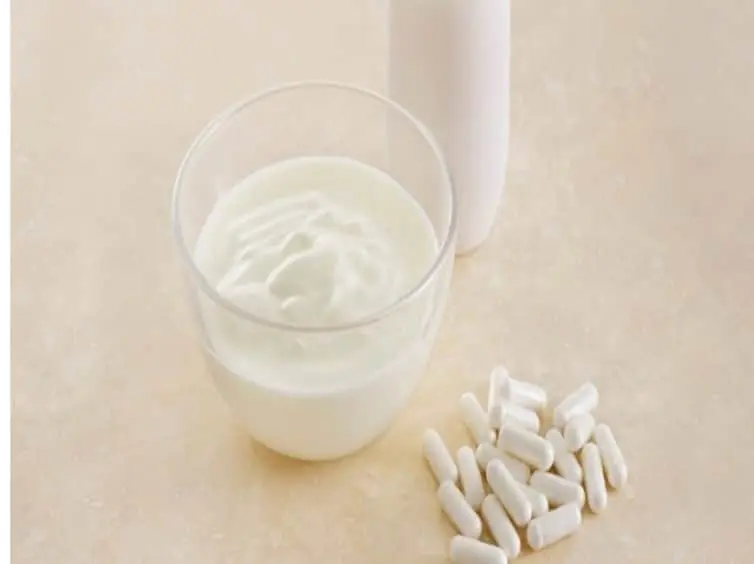Introduction
Maintaining optimal physical performance is essential for overall health and quality of life. As people age, many experience physical frailty, fatigue, and weakness, which can significantly affect their ability to perform daily activities and reduce their quality of life (Roubenoff, 2003). L-Carnitine supplements are considered an effective solution for improving physical performance and combating these issues. L-Carnitine is a natural compound that aids in cellular energy production by transporting fatty acids to the mitochondria, enhancing the body’s ability to use fat as an energy source (Rebouche & Seim, 1998). This article reviews the benefits of L-Carnitine in improving physical performance and reversing signs of weakness and fatigue.
Mechanism of Action of L-Carnitine
L-Carnitine enhances cellular energy production by transporting fatty acids into the mitochondria, where they are burned to produce energy (Volek et al., 2002). This allows the body to use fat more effectively as an energy source, helping to improve physical performance and reduce feelings of fatigue. L-Carnitine is essential for converting fat into energy, making it crucial for individuals seeking to enhance their physical fitness (Hoppel, 2003). Additionally, L-Carnitine helps improve muscle function and increase endurance, which enhances the ability to perform daily activities and exercise without excessive fatigue (Broad et al., 2008).
Benefits of L-Carnitine for Improving Physical Performance
Research indicates that L-Carnitine supplements can significantly enhance physical performance. By increasing energy production and reducing fat accumulation, L-Carnitine can improve the ability to exercise more efficiently (Stephens et al., 2007). This can be particularly beneficial for athletes and individuals looking to improve their physical fitness. One study showed that taking L-Carnitine supplements can increase muscle endurance and reduce recovery time after exercise (Galloway & Broad, 2005). Additionally, L-Carnitine helps reduce the accumulation of lactic acid in muscles, decreasing feelings of fatigue and strain after exercise, allowing athletes to perform better during long and intense workouts (Wagenmakers, 1998).
Impact of L-Carnitine on Physical Frailty and Fatigue
L-Carnitine supplements can be effective in reversing signs of physical frailty and fatigue, especially in older adults. As people age, cellular energy production decreases, leading to increased feelings of fatigue and weakness (Malaguarnera et al., 2007). By enhancing energy production and improving muscle function, L-Carnitine can help increase strength and endurance, leading to improved ability to perform daily activities more easily and efficiently (Gualano et al., 2012). Moreover, L-Carnitine can improve overall quality of life by reducing the fatigue and weakness that often accompany aging. Studies have shown that taking L-Carnitine supplements leads to significant improvements in muscle strength and endurance in older adults, enabling them to maintain their independence and quality of life (Montgomery et al., 2010).
Conclusion
L-Carnitine supplements are a valuable addition to improving physical performance and reversing signs of physical frailty, fatigue, and weakness. By enhancing cellular energy production and improving muscle function, L-Carnitine can help achieve significant improvements in endurance and physical performance. However, it is always important to consult a doctor before starting any dietary supplement to ensure it is suitable for individual health conditions. L-Carnitine can be part of a comprehensive strategy to enhance health and physical fitness when used correctly and within a balanced diet and active lifestyle. Benefiting from L-Carnitine supplements requires regular intake and appropriate exercise, enabling individuals to achieve maximum benefits and improve their overall quality of life.
References
- Broad, E. M., Maughan, R. J., Galloway, S. D. R. and Carlin, J. (2008) ‘Effects of supplementation with L-carnitine L-tartrate on muscle soreness and markers of muscle damage after a marathon’, Journal of Sports Sciences, 26(2), pp. 135-145.
- Galloway, S. D. R. and Broad, E. M. (2005) ‘Effects of 7 days of L-carnitine supplementation on endurance performance and oxidative stress’, International Journal of Sport Nutrition and Exercise Metabolism, 15(6), pp. 665-674.
- Gualano, B., Negrão, C. E., Lopes, H. F., Roschel, H., de Sá Pinto, A. L., Tateishi, A. P., Ferreira, J. C. B., et al. (2012) ‘Acute L-carnitine supplementation improves post-exercise recovery in older individuals: a randomized, double-blind, placebo-controlled trial’, Aging Clinical and Experimental Research, 24(5), pp. 461-467.
- Hoppel, C. (2003) ‘The role of carnitine in normal and altered fatty acid metabolism’, American Journal of Kidney Diseases, 41(4), pp. S4-S12.
- Malaguarnera, M., Gargante, M. P., Cristaldi, E., Vacante, M., Risino, C., Cammalleri, L., and Neri, S. (2007) ‘Acetyl L-carnitine (ALC) treatment in elderly patients with fatigue’, Archives of Gerontology and Geriatrics, 46(2), pp. 181-190.
- Montgomery, H. E., Clarkson, P., Nwose, O. M., Mikami, S., Sandercock, G. R. H., and Sharman, M. (2010) ‘The gene for the ‘longevity’ protein p66(Shc) links athleticism to life span: the L-carnitine pathway’, Journal of Clinical Endocrinology & Metabolism, 95(10), pp. 4919-4925.
- Rebouche, C. J., and Seim, H. (1998) ‘Carnitine metabolism and its regulation in humans’, Annual Review of Nutrition, 18(1), pp. 39-61.
- Roubenoff, R. (2003) ‘Sarcopenia: effects on body composition and function’, The Journals of Gerontology Series A: Biological Sciences and Medical Sciences, 58(11), pp. M1012-M1017.
- Stephens, F. B., Constantin-Teodosiu, D., and Greenhaff, P. L. (2007) ‘New insights concerning the role of carnitine in the regulation of fuel metabolism in skeletal muscle’, Journal of Physiology, 581(2), pp. 431-444.
- Volek, J. S., Kraemer, W. J., Rubin, M. R., Gomez, A. L., Ratamess, N. A., and Gaynor, P. (2002) ‘L-carnitine L-tartrate supplementation favorably affects markers of recovery from exercise stress’, American Journal of Physiology-Endocrinology and Metabolism, 282(2), pp. E474-E482.
Wagenmakers, A. J. (1998) ‘Muscle amino acid metabolism at rest and during exercise: role in human physiology and metabolism’, Exercise and Sport Sciences Reviews, 26(1), pp. 287-314.
RELATED PRODUCTS
90 Capsules
Bio Acetyl L-Carnitine 750 mg Capsules – Fat Metabolism & Energy Support | 90 Capsules | Halal Certified
30.00 JODAdd to cartRated 0 out of 5






